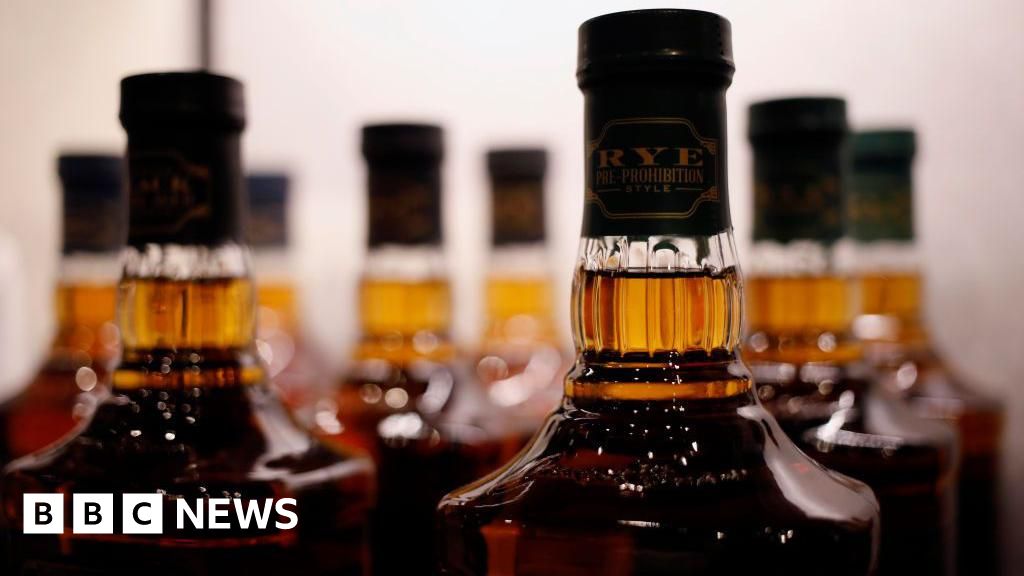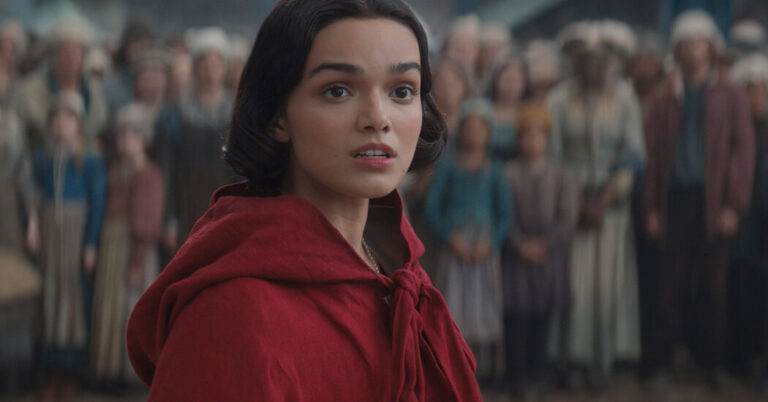The UK government is drawing up a list of US products it could hit with retaliatory tariffs after President Trump announced a wave of new import taxes. This is a toughening of the government’s stance as ministers seek to finalise a trade deal with the US. Business Secretary Jonathan Reynolds says he is consulting UK firms about the likely impact of the 10% tariffs being imposed on all UK exports to the US and which products should be on the list. If UK negotiators cannot agree a deal to reduce the 10% tariff by 1 May, the business secretary told MPs the government could impose retaliatory tariffs on US imports. The government has published a sample list of goods that could face future UK tariffs. Being on the 417-page list does not necessarily mean a product will face tariffs, the government said. The list covers 27% of imports from the US – chosen because they would have a “more limited impact” on the UK economy, the Department for Business and Trade said. The products range from pure bred horses and children’s clothes to crude oil, firearms and bourbon whiskey. Reynolds says talks are ongoing with the US government to secure an economic deal aimed at avoiding or reducing tariffs. But he warned that the UK “reserves the right to take any action we deem necessary if a deal is not secured”. In the event of reaching a deal with the US, the consultation with businesses would be paused, he added. Speaking in the House of Commons, he said the fact the US had put lower tariffs on the UK compared to other countries “vindicated the pragmatic approach the government has taken”. However, he said he was “disappointed” by the increase. The EU was being hit by 20% tariffs and the UK’s lower rate of 10% was actually a vindication of those who “were pilloried and abused” for backing Brexit, Griffith argued. The UK exported almost £60bn worth of goods to the US last year, mainly machinery, cars and pharmaceuticals. In addition to the 10% tariffs, a 25% tariff has been put on UK car exports, as well as steel and aluminium products. The government’s official forecaster estimates a worst-case scenario trade war could reduce UK economic growth by 1% and wipe out the £9.9bn of economic headroom Chancellor Rachel Reeves gave herself at last week’s Spring Statement. It could mean that in order to meet her own fiscal rules, she would have to raise taxes or make cuts to government spending.
Source link




